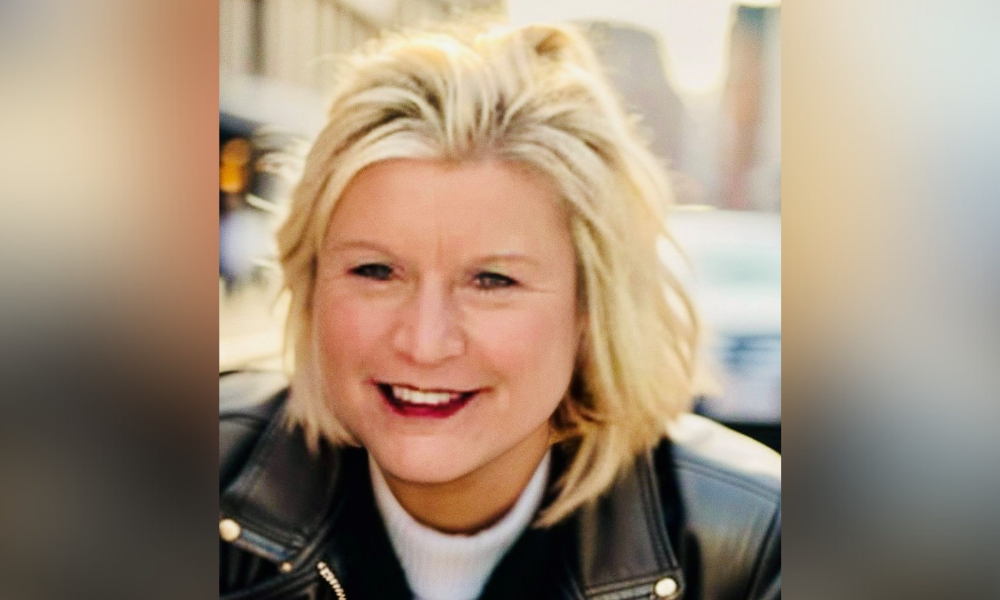Mortgage pro says downturns are the perfect moment to invest in tech and training to position for a stronger comeback

As the mortgage market slows, Paula Nirschl is calling time on survival mode. She’s urging loan officers to treat the downturn as a reset—one that demands better systems, smarter tech, and a return to the kind of disciplined.
After years of runaway growth, the mortgage industry is catching its breath. Volume is down, customer expectations are up, and loan officers are being forced to rebuild their playbooks.
For Nirschl, that’s not a crisis—it’s an opening. “Markets do not break us,” she says. “They kind of refine us.”
Now a branch manager and VP of Guild’s Elevate coaching program, Nirschl draws on 18 years in the business—and a past life as a college basketball coach—to help originators reset systems, sharpen outreach, and avoid burnout.
From managing missed leads to spotting quiet quitting, her playbook blends tactical discipline with a relentless focus on mindset. “You’ve got to adjust your game,” she says. “You’ve got to keep a great, positive mindset. You got to believe you can win.”
Coaching through market contraction
To Nirschl, the current slowdown is a chance to rebuild smarter. Boom years left many originators stretched thin, but contraction has offered something rare: breathing room.
“This time has given everyone a pause to reevaluate their systems, their prospecting,” she says. “How do I create a great customer service for my clients? Clients have changed. Their expectations have changed.”
Adapting to that shift requires more than surface tweaks. “It’s speed to lead,” Nirschl says. “So, you’ve got to have good systems in your business to be able to do that.”
And that’s where coaching comes in. While some companies cut back on development in lean markets, she believes it’s a mistake to view coaching as optional.
“Coaching and training are number one because coaching drives accountability,” she says. “It also keeps people together.”
She’s seen the mindset difference firsthand. “People outside of coaching were kind of down and negative,” she explains. “But people inside of coaching were more positive. Being around others going through the same thing can really help you stay grounded.”
Tech, touchpoints, and the missed lead problem
That reset includes rethinking technology—not as a perk, but as an essential business driver.
“Everybody needs to embrace technology right now,” Nirschl says. “Instead of saying, I can’t do it, we need to learn to do it.”
Efficiency is the goal. “If you leverage technology, it gives you time back to do the things you want to do—whether that’s prospecting more, building your business, or spending time with your family.”
But Nirschl also sees a pattern of originators over-prioritizing the next big lead while ignoring the ones already in their pipeline.
“Everyone’s always trying to find the next lead,” she says. “But what are you doing with the leads that you already have? How do you nurture them through the process?”
She’s adamant that long-term follow-up pays off. “You come into work, and someone calls you from six months ago and says, ‘Hey Paula, I’m ready now.’ If you’ve built that relationship and used technology to stay in touch, you don’t lose your leads.”
Spotting burnout before it breaks the team
When production slows, burnout follows. Nirschl says managers need to recognize the emotional and behavioral cues before performance falters.
“People who are irritable, withdrawing, not showing up to meetings, or showing a lack of enthusiasm—that’s where it starts,” she says.
Other red flags follow: missed commitments, reduced prospecting, growing complaints, and a pipeline that starts to stall.
Her advice? Ditch the pressure. “Managers need to lead with curiosity, not control,” she says. “Ask good questions: I’ve noticed you’ve been off a little bit lately. What’s going on? How can I support you?”
That people-first mindset is straight from her coaching roots. “Every winning program has a system that they recruit to, that they live by,” she says, nodding to coach John Wooden. “Worry about what you’re doing and perfect what you’re doing. Don’t worry about what everybody else is doing.”
Building for the rebound
Even when budgets are tight, Nirschl won’t compromise on three things: outreach, technology, and support staff. She’s quick to remind teams that momentum tomorrow depends on effort today.
“Your pipeline for tomorrow is built on today’s prospecting,” she says.
Her team has leaned into tech-driven strategies—drip campaigns, CRM touchpoints—and even begun sharing loan officer assistants to keep operations efficient.
“With technology, LOAs can do more loans,” she explains. “By sharing key people when things swing and switch, we’re going to be prepared for when we get busy.”
She also urges loan officers to embrace visibility, especially on social media. “It’s difficult for a lot of people,” she says. “But it is the new way to stay visible in the market.”
Ultimately, Nirschl believes success has less to do with timing than with discipline.
“The loan officers that are still in this business have a systematic approach, a commitment to that system,” she says. “They work on it daily. They do it consistently.”
In her playbook, the cycle doesn’t define you—the system does.



